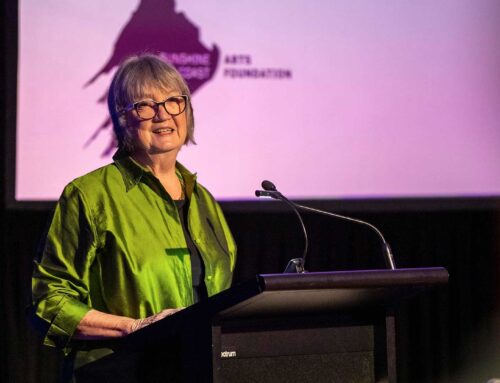Project Description

A major international NGO looks to improve its reporting arrangements to the Board
> THE CONTEXT
Oxfam Australia is one of the most prominent NGOs in the country – operating throughout the region and beyond. International aid, disaster relief, advocacy and fundraising – including through its shops – form the main activity streams for Oxfam. It is a complex business operating in multiple environments. For the Board this presents the challenge of deciding what information it most needs to provide effective control and direction for the organisation.
> OUR APPROACH
After initial discussion with the Chief Executive we reviewed board papers and other relevant documents. Interviews were held with a selection of board members, with the full board invited to contribute views in writing. Informed by the principles of riskminimisation, effective direction and time-economy – as well as through comparison with other larger non-profit organisations – we prepared a draft report as a basis for discussion. We reviewed this with a dedicated Reference Group before finalising our conclusions and advice.
Through interviews we sought to identify any recent incidents where the Board has lacked significant information to inform its decision-making. We looked carefully into the primary risk areas for Oxfam; whether the board receives any information it considers unnecessary; the suitability of the current reporting schedule – and what steps could be taken to simplify Oxfam’s reporting procedures.
> THE BRIEF
Positive Solutions was engaged to review Oxfam Australia’s reporting arrangements between the Chief Executive (CE) and Board, and to consider whether any changes were required for it to be fully fit-for-purpose. In addition to advising on appropriate reporting procedures, we were asked to consider any duplications or gaps, and the degree to which CE-Board reporting processes mitigate risks for Oxfam.
Oxfam had previously adopted the ‘Carver’ model, which framed how its policies and reporting were designed. A key component was advice on whether this model should continue to be adopted.
> THE RESULT
We made 17 recommendations with regard to the Carver model, strategic planning, board meetings and board papers. Positive Solutions’ advice was adopted by the Board and CE and implemented. We were asked later to review progress on implementation and advise on any further refinement.





























